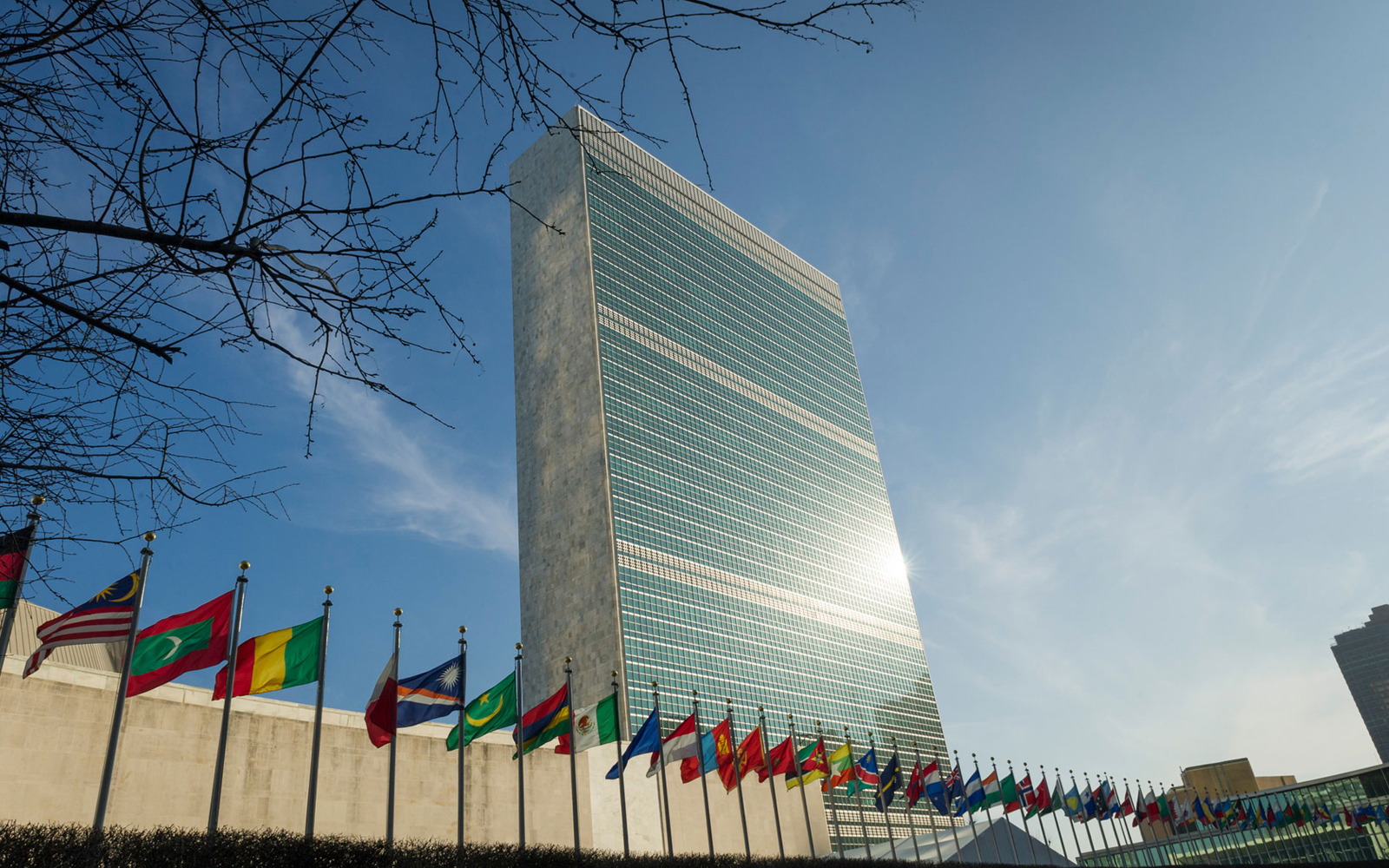
The decision came at the request of Iraqi Prime Minister Muhammad Shia al-Sudani, who stated that the mission had resolved various issues and that there was no longer a need for its continued operation.
The Council adopted a resolution extending UNAMI’s mandate for a final 19-month period until December 31, 2025. The mission was established in 2003 following the US-led invasion and the fall of Saddam Hussein’s regime, with the goal of advising the government on political matters and assisting with elections and security sector reforms.
On Friday, the UN Security Council decided to conclude the UN Assistance Mission for Iraq (UNAMI) by the end of 2025. At Baghdad’s request, this will end its more than 20-year presence, as reported by AFP via TASR.
Iraqi Prime Minister Muhammad Shia al-Sudani recently sent a letter to the UN Security Council calling for the termination of UNAMI. According to him, the mission has resolved numerous issues and there are no longer reasons for its continued operation in Iraq.
In response, the Council adopted a resolution on Friday, extending UNAMI’s mandate for a final 19-month period until December 31, 2025, after which it will cease all activities.
Two Decades of Service
The mission was established in 2003 at the request of the Iraqi government following the US-led invasion and the subsequent fall of Saddam Hussein’s regime. Its role has been to advise the government on political dialogue and reconciliation, as well as to assist with elections and security sector reform, as explained by AFP.
During the previous renewal of UNAMI’s mandate last May, the UN Security Council asked UN Secretary-General António Guterres to conduct a mission strategy review, overseen by German diplomat Volker Perthes.
In March of this year, Perthes issued a report indicating the suitability of ending the mandate. He concluded that the “two-year period designated by the (Iraqi) government for the mission’s conclusion could be a sufficient timeframe to achieve further progress.”
Reassurance for Iraqis
According to him, this period would provide enough time to reassure hesitant Iraqis that the end of UNAMI would not lead to a reversal of democratic gains or threaten peace and security.
Russia, China, the United Kingdom, and France, four of the five permanent members of the UN Security Council, expressed support for the shift in partnership between Iraq and the international organization. The United States, on the other hand, argued that UNAMI still had important work to do in Iraq.
Washington emphasized the mission’s role in organizing elections and supporting human rights, while Iraq requested that it focus more on economic issues. AFP adds that UN missions can only operate with the consent of the host country.


